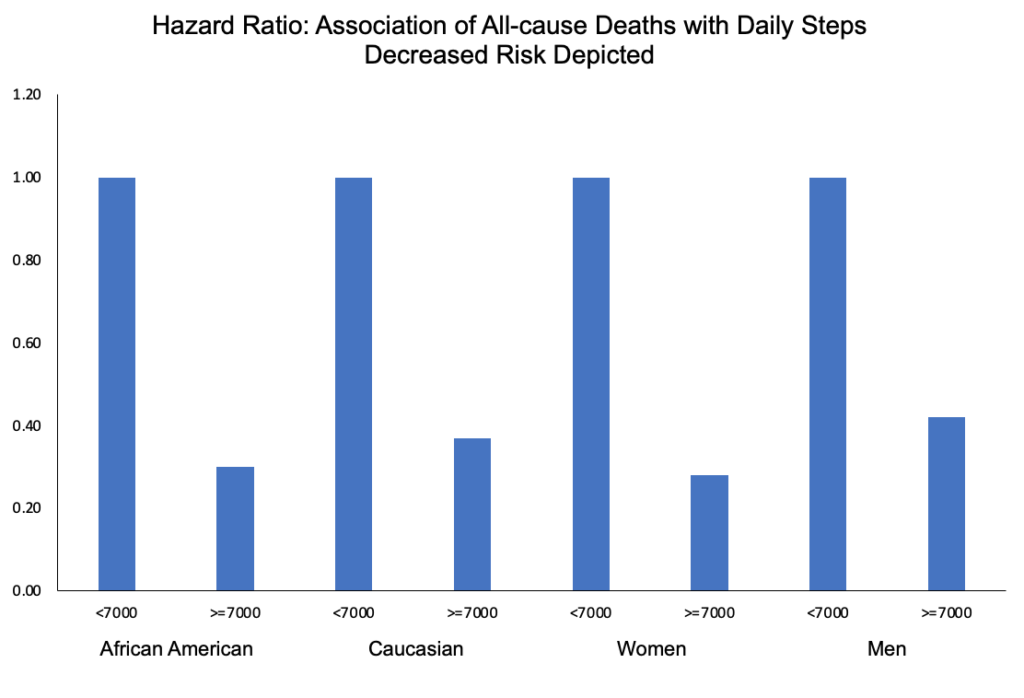Emphasis on Daily Steps
Since starting FytFeed, we have run various challenges focused on an individual’s number of daily steps. We are all about increasing movement and activity and making that an easy and fun process, so steps seemed like the perfect place to start. Often, we over-complicate our fitness regimens. What exercises should we do? Where should we go? If you ever feel that way, rest assured that simply focusing on your steps goal will make a big difference in your life. Read on to learn more!
We have been absolutely blown away with the results of our steps challenges in FytFeed. The picture below shows how many steps some members got in our ‘March for ARCH’ Challenge for a Cause. The winner of the March challenge did an average of >16,000 steps per day! We followed up with participants from our first steps challenge to understand how it helped them improve their activity levels. Whether they were hitting 30,000 or 5,000 steps, the participants in that challenge increased their steps count by 50%, increasing their movement and becoming more mindful of their daily habits—and really, that is what it’s all about. However, I had to wonder if there were any studies out there that would help us understand the benefits of walking, and where the general goal of “10,000 steps per day” comes from.
Selecting a Steps Goal
So, what should be your daily steps goal? It all depends on the results you want. If you want to become more active, pay attention to the number of steps you normally get, and aim for something a little bit higher. Set a goal and create a challenge!
Want the data? In a study that followed people ages 38-50 over a 10-year timespan and linked all-cause mortality with their total daily steps count, steps made a difference in longevity.1 This study showed statistically significant data that obtaining at least 7,000 steps per day decreased overall mortality rate in the participants. When I looked at the data, I wasn’t convinced of the importance. Only 0.1-0.8% of the participants in each category passed away during the study; however, when I looked at these percentages more closely, I saw that people who got less than 7,000 steps per day were 3 times more likely to die over the course of the study.

The Y
What’s my takeaway? Small, simple activities can make huge differences in our health and longevity. People get overwhelmed when it comes to fitness, but this data shows that we should start small and start with things that feel approachable and easy, and that those simple habits—like getting 7,000 steps a day—are worth it. And, if you need a little help and encouragement, start or join a challenge in the FytFeed app today!
References
Paluch, A.E., et al. “Steps per Day and All-Cause Mortality in Middle-aged Adults in the Coronary Artery Risk Development in Young Adults Study,” JAMA Netw Open, 2021, 4(9).

